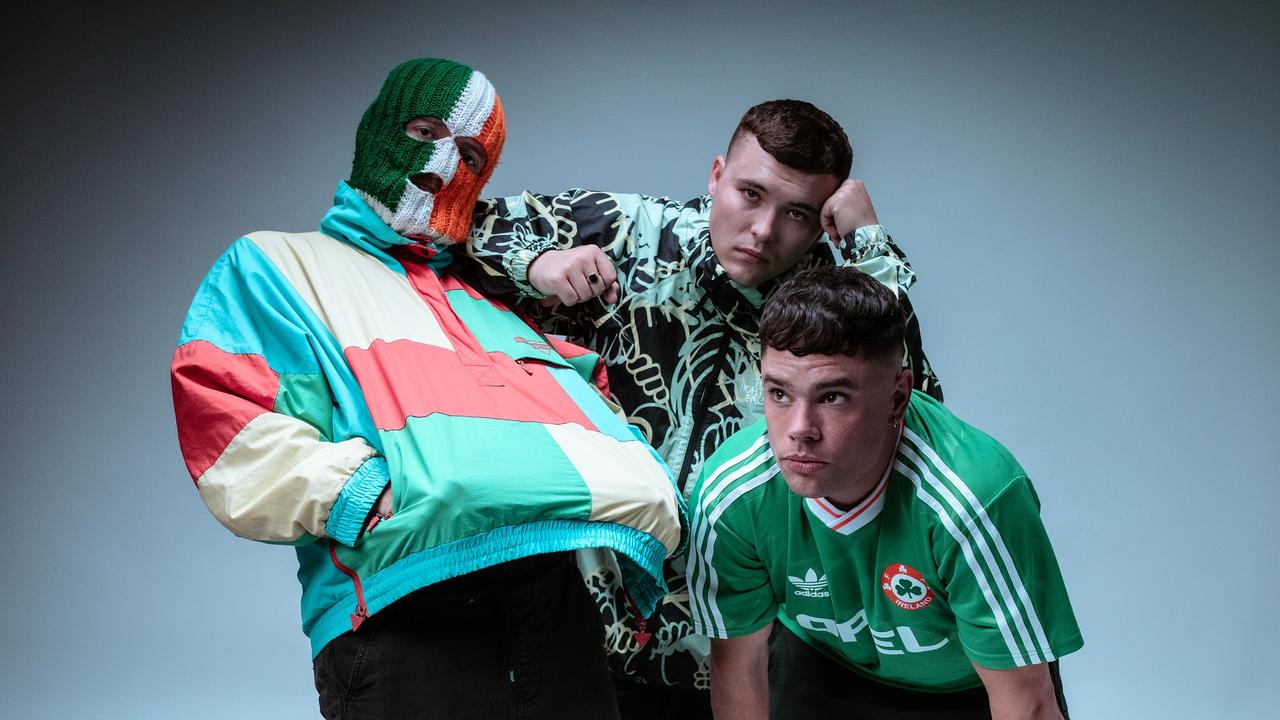Kneecap Rapper Faces Terrorism Charge After London Show Flag Display

A member of the acclaimed Northern Irish rap group Kneecap is facing a serious terrorism charge following a recent performance in London. The rapper, whose identity has not been officially released, is accused of displaying a flag associated with Hezbollah, a Lebanese political party and militant group, during the show. This incident has sparked considerable debate and scrutiny, raising questions about freedom of expression, artistic license, and the legal boundaries surrounding political symbolism in public performances.
Kneecap, known for their unique blend of Irish language rap and politically charged lyrics, has garnered a significant following both in Ireland and internationally. Their music often addresses themes of Irish nationalism, identity, and the Troubles, a period of conflict in Northern Ireland. The group's distinctive style and provocative content have made them a notable voice in contemporary music, but also occasionally drawn criticism and controversy.
The Metropolitan Police confirmed that a man in his late 20s was arrested at the London venue following the show. He has since been charged with a terrorism-related offence under the Terrorism Act 2006. While details of the specific charge remain confidential, it is understood to relate to the display of the flag and its perceived association with a proscribed organisation. The investigation is ongoing, and authorities are examining the context and intent behind the flag's display.
Hezbollah is designated as a terrorist organisation by several countries, including the UK, due to its involvement in armed conflicts and alleged support for terrorism. Displaying its flag can be interpreted as a demonstration of support for the group, potentially violating terrorism legislation. However, legal experts are divided on whether such displays automatically constitute a criminal offence, particularly when considered within the context of artistic expression and political commentary.
The case has ignited a heated debate within the music industry and among civil liberties advocates. Some argue that artists should have the freedom to express their views, even if those views are controversial or unpopular. Others maintain that displaying symbols associated with terrorist organisations is unacceptable and should be subject to legal consequences. The outcome of the case could have significant implications for the boundaries of artistic expression and the application of terrorism laws in the UK.
Kneecap’s management has released a brief statement acknowledging the situation but declining to comment further at this time, citing the ongoing legal proceedings. The group’s fans and supporters have expressed a range of reactions, with some condemning the alleged actions while others defending the rapper’s right to freedom of speech. The case is expected to attract significant media attention and legal scrutiny in the coming weeks.
The upcoming court proceedings will likely focus on establishing the rapper's intent and the potential impact of the flag display on public safety and national security. The prosecution will need to demonstrate a clear link between the display and the promotion of terrorism, while the defence is expected to argue that the display was intended as a form of political expression and did not pose a credible threat. This case is a complex and sensitive one, with significant legal and societal implications.






